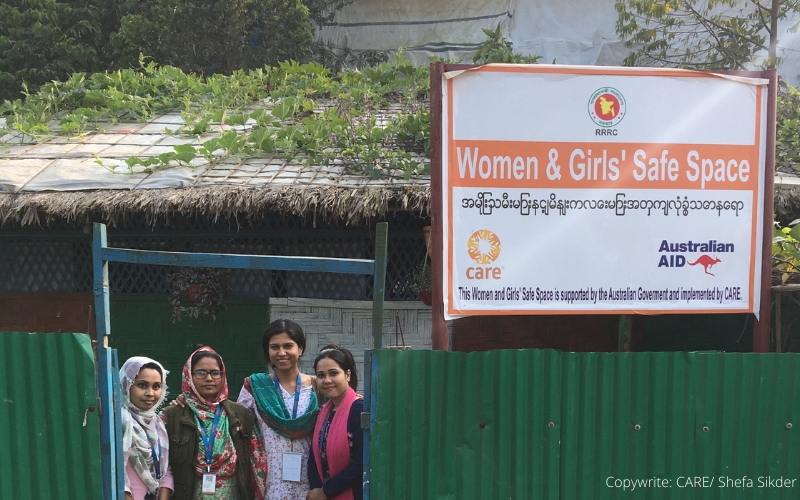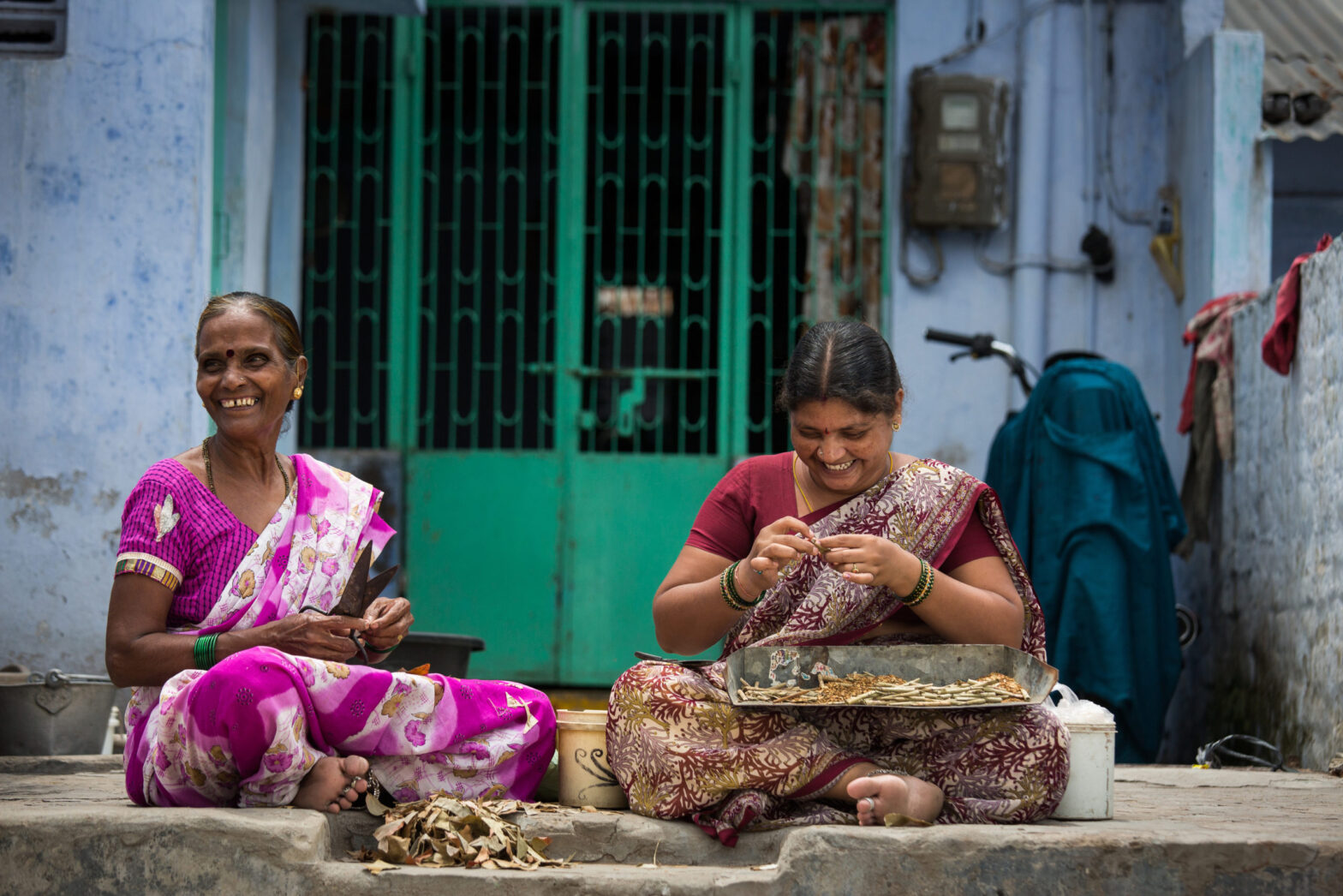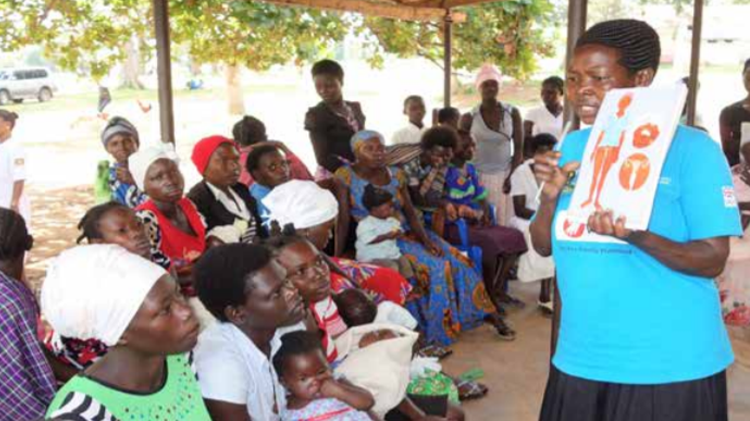The COVID-19 pandemic is changing the landscape for immunization and other primary health care services across the world, including in low- and middle-income countries.
Category: In the News
Women and girls at the centre: Integrating health and gender-based violence programs in Cox’s Bazar
CARE was one of the first humanitarian organisations to provide SRH services during the initial emergency, and based on the need to integrate services, they began to provide multi-sectoral programmes for SRH and GBV support.
Providing Contraception for Young People During a Pandemic Is Essential Health Care
Adolescent and young adult reproductive health care needs are not diminished during pandemics.
Free transport helps pregnant women in Madagascar safely deliver amid COVID-19 lockdown
Aina, 24, is in the last month of her pregnancy. This alone would be reason for some anxiety. “As it’s [my] first time, I’m worried,” Aina told UNFPA. But with the country’s partial lockdown, in response to the COVID-19 pandemic, Aina faces an unexpected challenge: the suspension of public transportation. Her local hospital, Itaosy District Hospital of Reference, is a two-hour walk away.
Lack of Family Planning Access Due to COVID-19 Could Cause a Rise in Unintended Pregnancies in Indonesia
A family planning board is predicting an uptick in unintended pregnancies in Indonesia as condoms and other forms of birth control are becoming less available amid the COVID-19 pandemic.
Family Planning Efforts Upended by the Coronavirus
In India and around the world, community health workers are being rerouted to deal with the pandemic—with dangerous results.
The paradigm shift for family planning in Uganda
Roselline Achola looks at the lessons for frontline health workers
Early estimates of the indirect effects of the COVID-19 pandemic on maternal and child mortality in low-income and middle-income countries: a modelling study
Although mortality rates for COVID-19 appear to be low in children and in women of reproductive age, these groups might be disproportionately affected by the disruption of routine health services, particularly in low-income and middle-income countries (LMICs).
Weekly COVID-19 Updates & Resources from FP2020
Family planning is an essential health service, and the need for it does not diminish in a crisis—even as obstacles to health care mount.
Gender-based Violence is Surging & Family Planning is Threatened. We can do better.
As the COVID-19 pandemic makes stay-at-home orders the new normal, the world is seeing another global surge: violence against women and girls. Countries across the globe are experiencing dramatic increases in reports of sexual offenses, calls to helplines, and demand for emergency shelter.









